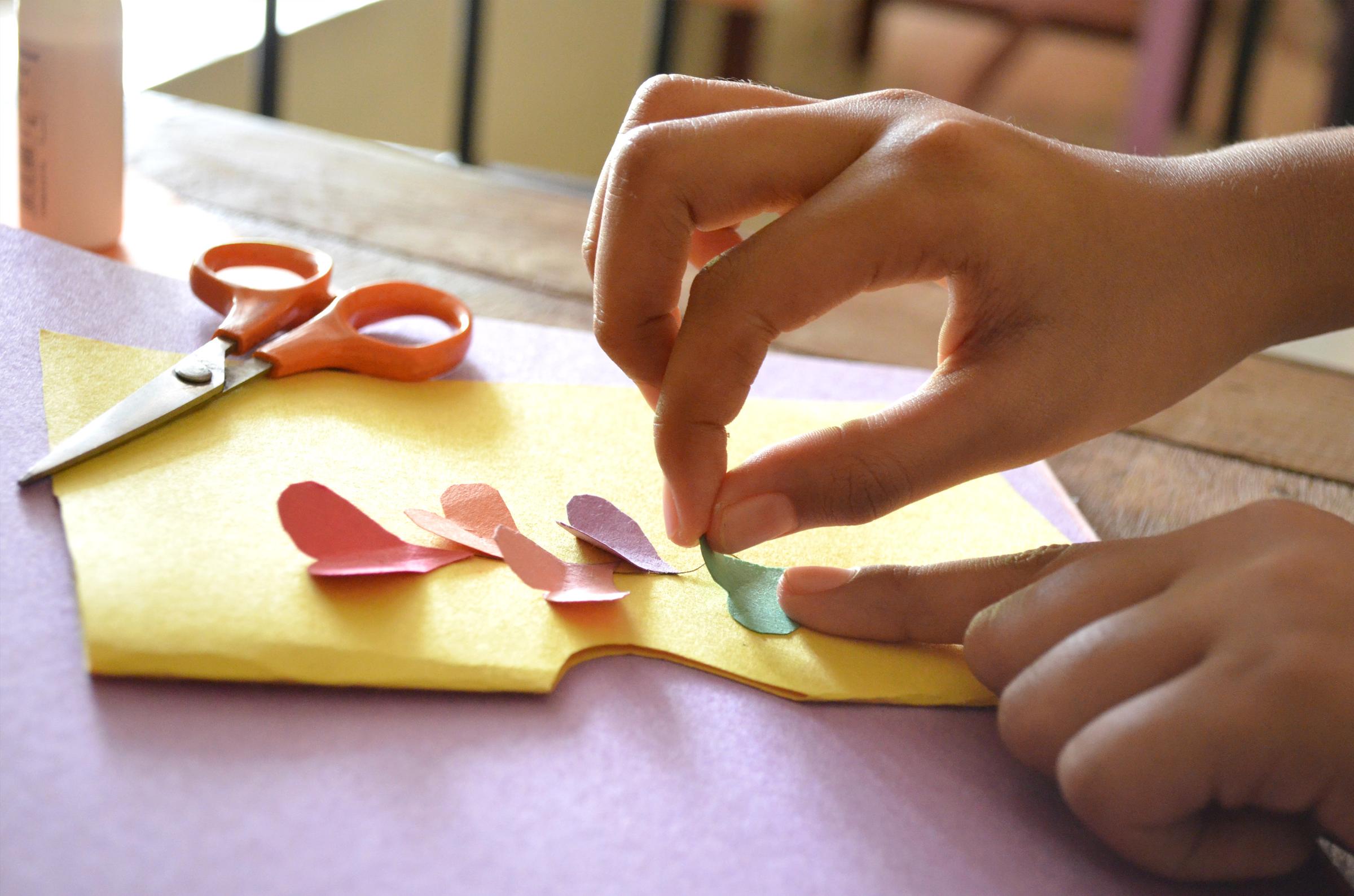Teaching and Learning
Making Maths meaningful at Home

Teaching and Learning
Making Maths meaningful at Home
As your child's first teacher, you play a vital role in your child's learning confidence in mathematics.
Developing numeracy skills early in life gives children an important foundation for learning and development.
Numeracy skills help prepare a child for daily life, including problem-solving and working with money.
You can bring maths into your child’s everyday life by:
Listening and singing together
Songs and rhymes that repeat counting words introduce children to maths in a fun and engaging way, e.g. Five Little Ducks, Monkeys on the Bed or Ten Green Bottles.
Playing with shapes
Jigsaw puzzles and drawing shapes teach your child problem-solving and spatial awareness. Encourage your child to identify shapes in their everyday world, e.g. round ball, square window, hexagonal stop sign.
Making patterns
Make patterns using pebbles, pegs or pieces of coloured paper.
Cooking with your child
Cooking provides opportunities to count and measure. Ask your child to count the eggs, measure the milk and flour and talk about the temperature that the oven needs to be set at.
Making collections
Collect objects from the outdoors such as stones, leaves and twigs. Sort them, measure them and count them.
Shopping
Collect food and grocery items and label them with prices written on sticky notes or prices cut out of shopping catalogues.
Measuring
Explore ways of measuring using sticks, footprints or hand lengths.
Measure the height of people in your family, comparing who is the tallest to the shortest.
Provide different sized cups in the bath tub to fill and empty. Talk about how many little cups of water to fill the big cup.
Counting
Use different numbers as the starting point for practising counting, e.g. starting from 6 or 10. Ask your child to count forwards and backwards.
Calendar
Keeping a calendar not only supports organisation, but also familiarises your child with days and dates, counting forwards and backwards as well as numbers. Regular reference to a calendar support all of these skills.